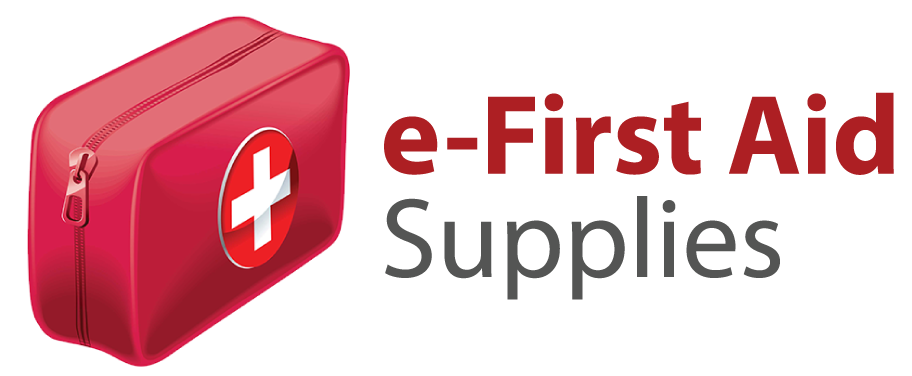My Cart: 0 item(s)
First Aid Antiseptic, Sprays & Wipes
What is an Antiseptic?
An antiseptic is a chemical whose primary purpose is to slow or prevent the growth of bacteria and other microorganisms. Antiseptics also kill bacteria and other microorganisms, but not as effectively as an antibiotic/antibacterial ointment. Antiseptics are readily available over-the-counter and are very helpful for preventing wounds from getting infected.Types of Antiseptic Products
- Antiseptic Wipes: These are convenient for on-the-go use and are designed to sanitize wounds without the risk of cross-contamination. Ideal for minor cuts and scrapes, they can be easily carried in a first aid kit or purse.
- Alcohol-Based Antiseptics: Commonly used for skin disinfection before injections or minor procedures, alcohol-based antiseptics like ethanol and isopropyl alcohol act quickly and evaporate rapidly, making them effective for short-term use.
- Iodine Compounds: Povidone-iodine is a common iodine-based antiseptic used for skin disinfection before surgery and wound treatment. It has a broad antimicrobial spectrum and is noted for its ability to kill bacteria, fungi, viruses, and spores.
- Peroxides: Hydrogen peroxide is frequently used as a wound cleanser due to its oxidizing properties. Benzoyl peroxide is also used in acne treatments. These agents are effective in reducing bacterial load on the skin.
Benefits of First Aid Antiseptics
- Prevention of Infection: Antiseptics are effective in preventing infections by killing or inhibiting the growth of microorganisms such as bacteria, viruses, and fungi on the skin and wounds.
- Versatility: They can be used in various forms, including liquids, creams, sprays, and wipes, making them versatile for different first aid situations and easy to apply.
- Immediate Action: Antiseptics provide quick action against potential infections, which is crucial in first-aid scenarios where immediate treatment is necessary to prevent complications.
- Safety for Minor Wounds: They are generally safe for use on minor cuts, scrapes, and burns to reduce the risk of infection and aid in faster healing.
How are Antiseptics Used?
Antiseptics should be used on the surrounding area after a wound has been cleaned with soap and water to prevent new bacteria from forming around the wound. Antiseptics can also be used to clean a wound but may cause irritation.Common Uses of Antiseptics
Antiseptics have a variety of applications both in medical settings and at home:- Wound Care: Essential for cleaning minor cuts, scrapes, and burns to prevent infection. They help reduce the number of microorganisms on the skin.
- Hand Hygiene: Alcohol-based hand sanitizers are widely used for hand hygiene when soap and water are unavailable. They are effective in reducing the transmission of germs.
- Pre-Surgical Skin Preparation: Used to cleanse the skin before surgical procedures to minimize the risk of infection.


